Question And Answer
Publications
Articles, publications, books, tools and multimedia features from the U.S. Institute of Peace provide the latest news, analysis, research findings, practitioner guides and reports, all related to the conflict zones and issues that are at the center of the Institute’s work to prevent and reduce violent conflict.
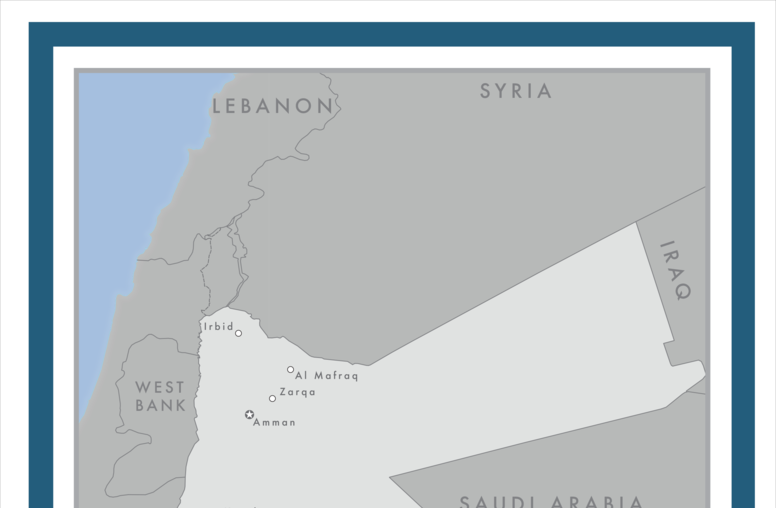
Preserving Stability Amidst Regional Conflagration: US-Jordan 2011-2016
This series of case studies—Burma (2009-2015), Jordan (2011-2016), and the Lake Chad Region (2013-2016)—document efforts and draw lessons from where US government leaders believe deepening crises were staved off through collaborative inter-agency engagement. Part of USIP’s “3D Learning from Complex Crises” project, the cases provide programmatic and operational lessons from complex operating environments. These lessons support systemic integrated approaches to complex crises and will better equip individuals to share objectives when working in inter-agency environments.
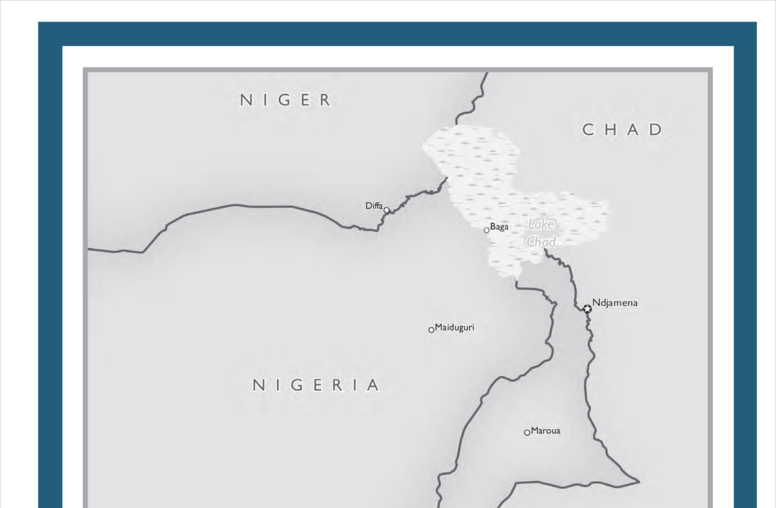
Breaking Boko Haram and Ramping Up Recovery: US-Lake Chad Region 2013-2016
This series of case studies—Burma (2009-2015), Jordan (2011-2016), and the Lake Chad Region (2013-2016)—document efforts and draw lessons from where US government leaders believe deepening crises were staved off through collaborative inter-agency engagement. Part of USIP’s “3D Learning from Complex Crises” project, the cases provide programmatic and operational lessons from complex operating environments. These lessons support systemic integrated approaches to complex crises and will better equip individuals to share objectives when working in inter-agency environments.
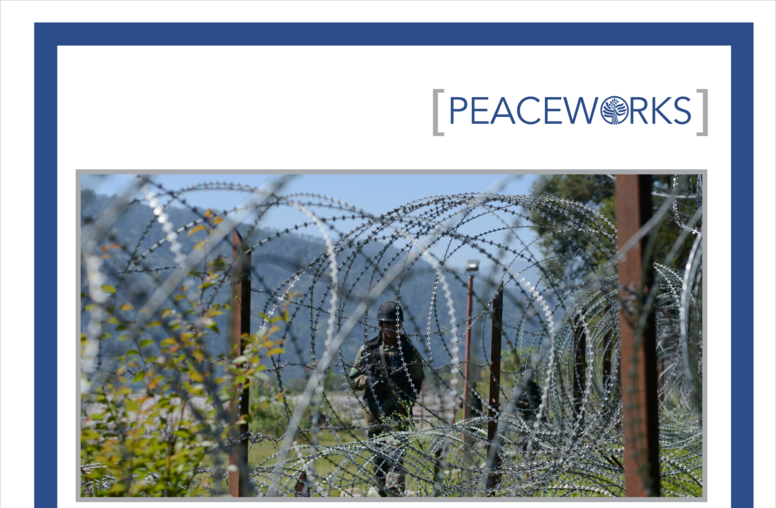
Ceasefire Violations in Jammu and Kashmir: A Line on Fire
Ceasefire violations on the border between Pakistan and India and across the Line of Control in the Jammu and Kashmir region are both a product of broader bilateral tensions and a contributor to them. Drawn on field research and extensive interviews with both Indian and Pakistani officials and senior military figures, this report argues that ceasefire violations are generally not planned, directed, or cleared by higher military commands or political establishments, but are driven by the dynamics on the frontlines. The report explains these factors in context, offering recommendations on what could be done to better manage or even avoid both tensions and escalation of conflict.
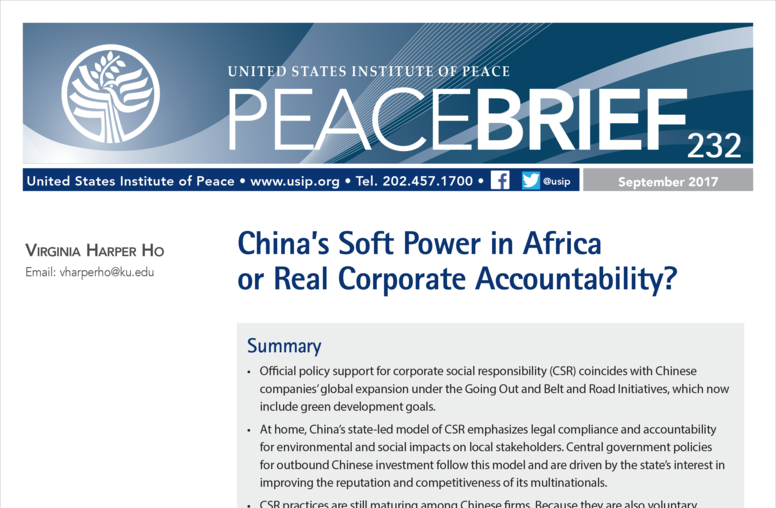
China’s Soft Power in Africa or Real Corporate Accountability?
China is the fourth largest foreign investor in Africa—more than three thousand Chinese firms operate there. An important but often overlooked aspect of this investment is the emergence of Beijing’s evolving corporate social responsibility policies and how they are applied, especially in Africa, which is what this Peace Brief explores.
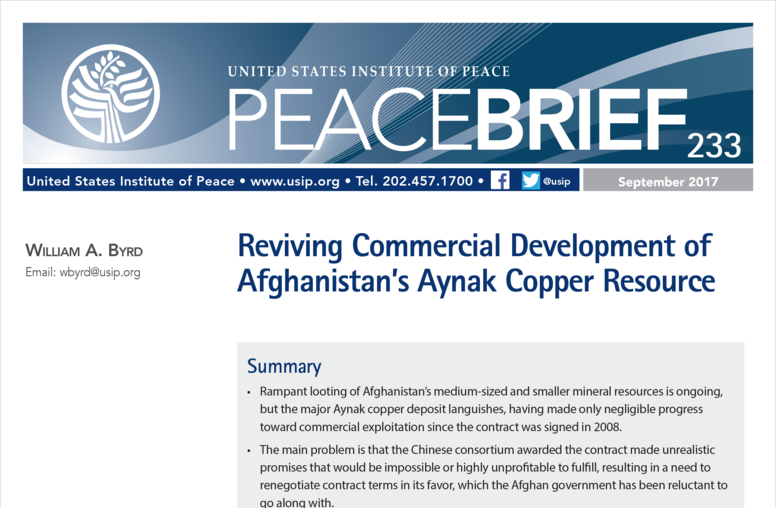
Reviving Commercial Development of Afghanistan’s Aynak Copper Resource
While other, smaller mineral resources are being rampantly looted, Afghanistan’s large Aynak copper deposit—worth upward $50 billion—has languished unexploited despite being contracted to a Chinese consortium nearly a decade ago. This Peace Brief seeks to understand what went wrong and explores options for breaking out of the current impasse. Resuscitating the development of Aynak, though challenging, would send a powerful signal of beneficial exploitation of Afghanistan’s mineral resources.
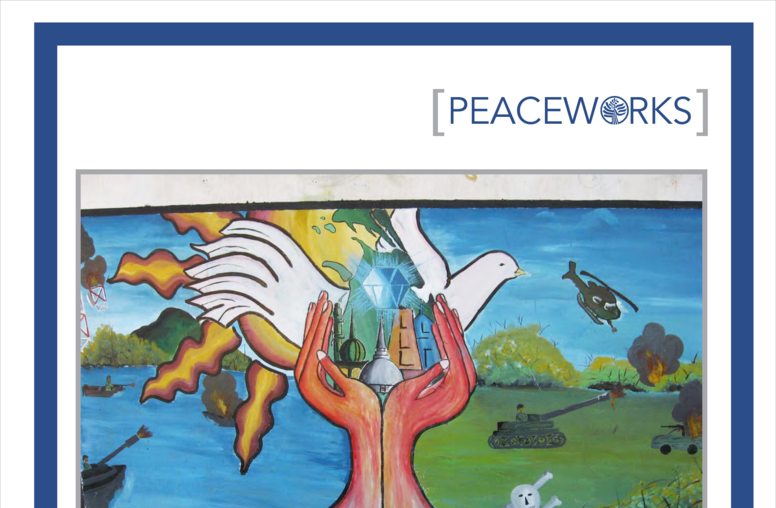
Does Reconciliation Prevent Future Atrocities?
What are atrocity crimes, why and when do they arise, and how can peacebuilding practice help to prevent them? This report delves into the conceptual foundations of reconciliation and atrocity prevention in the context of Sri Lanka’s history of conflict and ongoing reconciliation process, analyzing institutional-level reconciliation efforts and drawing from a randomized field experiment in an interpersonal reconciliation program. It suggests that by understanding the conditions under which reconciliation is most effective, peacebuilding practice will be better placed to achieve its goals after violent conflict.
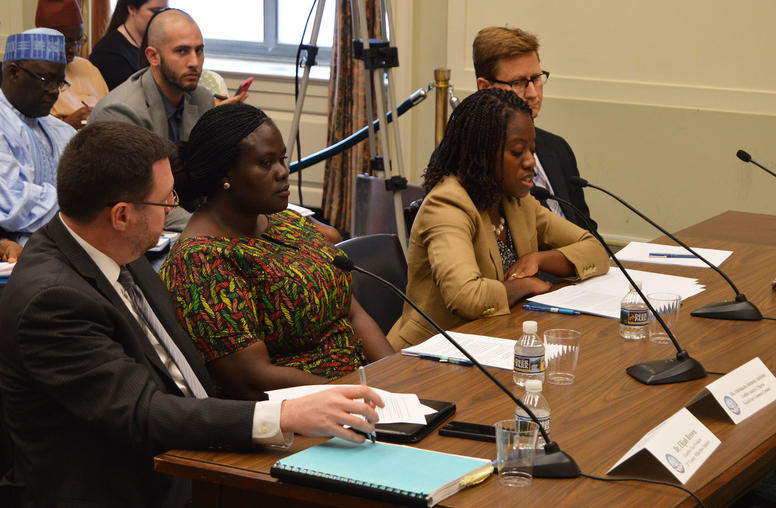
Nigeria: Conflict in the Middle Belt: Oge Onubogu Testimony
Congressman Hultgren, Congressman McGovern, and members of the Commission, thank you for convening this hearing today on Nigeria and for the opportunity to testify. The views I express here are my own and do not represent those of the U.S. Institute of Peace (USIP).
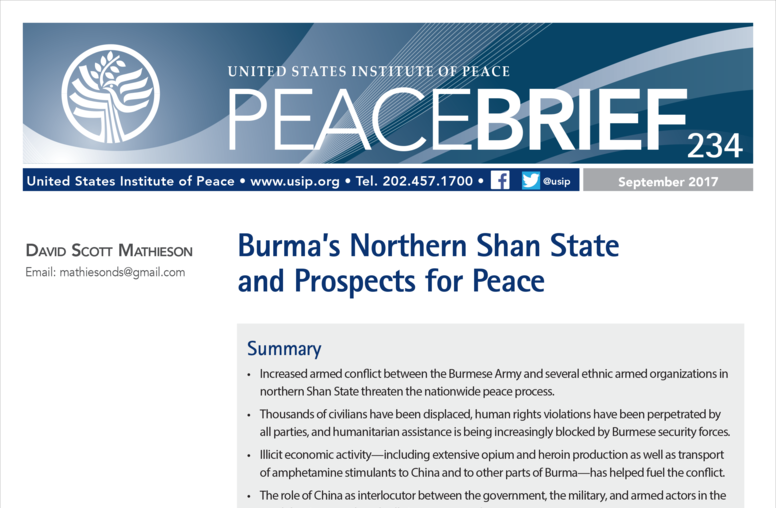
Burma’s Northern Shan State and Prospects for Peace
This Brief focuses on conflict dynamics to provide an overview of resurgent conflict patterns in northern Shan State over the past two years, outlines the armed groups involved, their competing interests, the human rights effects on the civilians in the area, and how the fighting has affected the nationwide ceasefire.
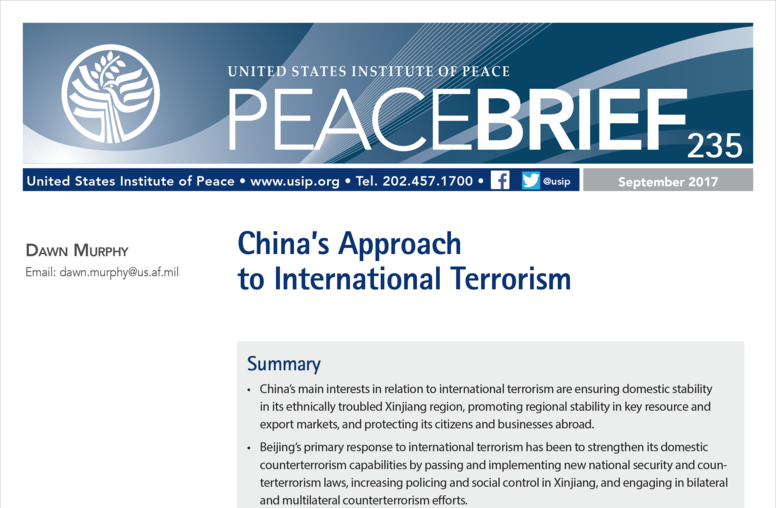
China’s Approach to International Terrorism
As China’s role in global political and economic affairs has expanded, so has its exposure to international and domestic terrorism. At the same time, it is constrained in its response by two long-held principles—nonintervention and noninterference. This Peace Brief discusses the threats to China, its response, and how these might affect its participation in global counterterrorism efforts.
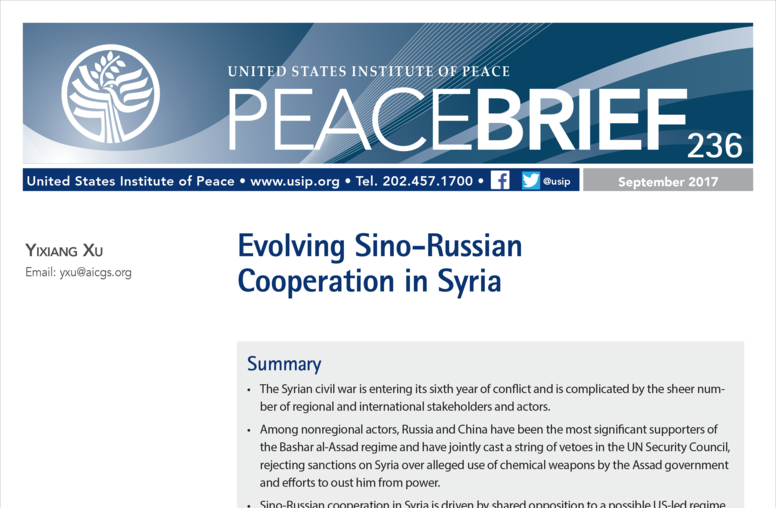
Evolving Sino-Russian Cooperation in Syria
Sino-Russian alignment in support of the Assad government in Syria is driven primarily by the mutual goal of preventing regime change and halting the spread of Islamic extremism. However, because Chinese strategic priorities lie elsewhere and Russia’s tactic of protracting military conflict in Syria contradicts Beijing’s long-term strategic interests, the prospect of future Sino-Russian cooperation in Syria is limited. This Peace Brief examines the forces driving this cooperation as well as its limits.